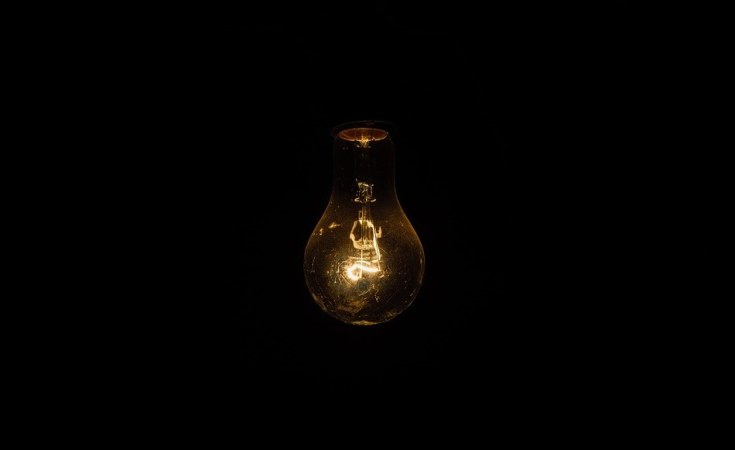FORMER NamPower boss and prominent businessman Leake Hangala has called on the government to urgently develop the Kudu power station to help end load-shedding in South Africa.
The neighbouring country is currently grappling with an electricity crisis that is impacting its water supply as municipalities are unable to pump water due to daily periods of load-shedding across the country.
In a statement, the power utility said it currently has 6 014MW available on planned maintenance, while another 17 278MW of capacity is unavailable due to breakdowns and delays in returning generators to service.
Hangala says the time to follow through on the Kudu gas-to-power project is now, since a Norwegian-American company is currently working on setting up a gas baseload power plant in Namibia.
The power plant is to be developed by Oslo-listed BW energy, which acquired a 56% stake in the Kudu gas field in 2017.
"I think it is a great opportunity for Namibia. We have a massive gas resource in the name of Kudu," he says.
The idea is to set up a power plant near Lüderitz.
Hangala says this would produce power for both Namibia and South Africa.
He says the infrastructure to wheel power to South Africa is in place.
"We already have transmission lines. We are connected and we will reverse the trend of relying on South Africa. We will help South Africa, and we will also help ourselves," he says.
Hangala says with the discovery of oil by Shell and Total oil giants, gas will play an important role for Namibia.
Namibia imports between 50% and 60% of its energy requirement from the Southern African Power Pool (SAPP) to complement supply and meet demand.
The country has power purchase agreements with South Africa (200MW), Zambia (100MW), and Zimbabwe (80MW).
Hangala says the development of the Kudu power plant would benefit other countries in the region as well.
Last week, the Zambian power utility (Zesco) announced it would adjust its load-shedding hours to 12 daily until further notice.
This is after the power generation capacity at the Kariba North Bank hydropower was reduced from 1080 MW to 400 MW as a result of no availability of water in the Kariba reservoir.
Last year, while speaking at the Namibian International Energy Conference 2022 in Windhoek, National Petroleum Corporation of Namibia (Namcor) managing director Immanuel Mulunga said the country in 2014 missed out on a massive opportunity to commercialise the Kudu gas project.
"Shutting down Kudu gas was a mistake. Kudu gas would have been active by now," he said at the time.
The Kudu fields, situated about 200km offshore Oranjemund, were said to hold an estimated 1,3 trillion cubic feet of gas.
At the time the venture was pushed, it was estimated that production fed by the Kudu gas fields would more than double the 400 megawatt of electricity production capacity Namibia had at the time.
After 2014, the government pulled the plug on the project, refusing to give certain government guarantees, and revoking agreements that would have allowed the project to take off.
Mulunga said mistakes like these are costly and "political assistance is sometimes necessary".
He said if the government is able to revisit this decision, the possibility of reactivating the project remains.


